
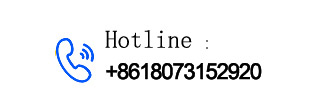
— Blogs —
—Products—
 Consumer hotline +8618073152920
Consumer hotline +8618073152920 WhatsApp:+8615367865107
Address:Room 102, District D, Houhu Industrial Park, Yuelu District, Changsha City, Hunan Province, China
Product knowledge
Time:2024-02-25 18:05:49 Popularity:2677
In a smart irrigation system, various IoT sensors can be used to monitor and collect data about the environment and the condition of the soil, which help in making informed decisions about when and how much water to apply. Some of the common IoT sensors used in smart irrigation systems include:
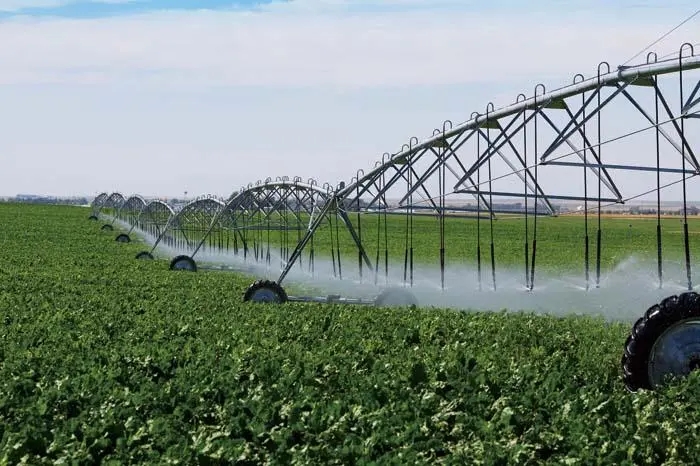
1. Soil Moisture Sensors: These sensors measure the moisture content in the soil, providing information about when the soil needs to be watered.
2. Temperature Sensors: These sensors monitor the temperature of the soil and the air, which can affect the watering needs of the plants.
3. Humidity Sensors: These sensors measure the humidity in the air, which can impact the evaporation rate and the overall watering schedule.
4. Rainfall Sensors: These sensors detect rainfall and prevent the irrigation system from watering when it is raining.
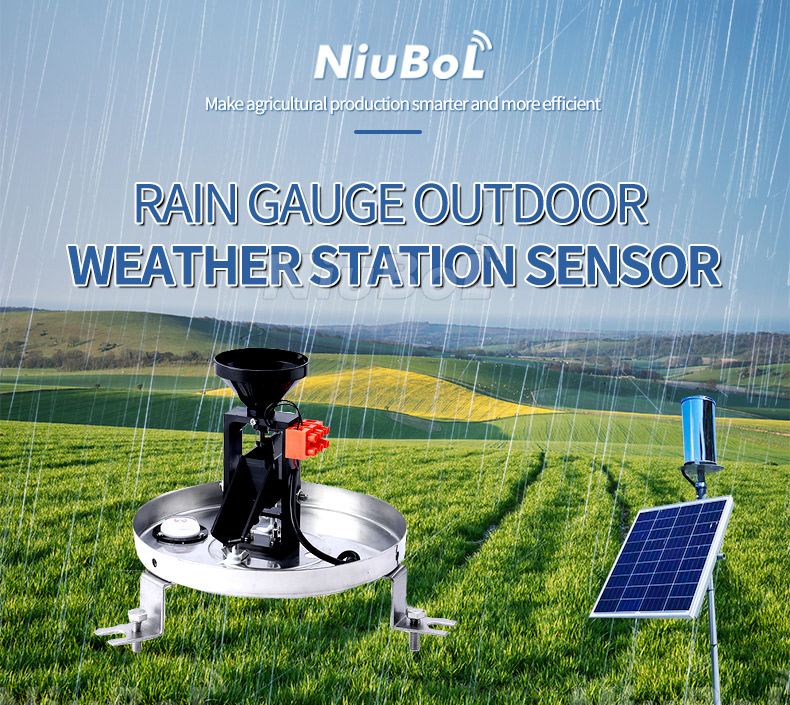
5. Weather Sensors: These sensors provide data on atmospheric conditions such as rainfall, humidity, temperature, solar radiation and wind speed, which are crucial for adjusting the irrigation schedule based on real-time weather conditions.
6. Flow Meters: These sensors measure the flow rate of water from the sprinklers or drip emitters, which can be used to calculate water usage and ensure that the system is functioning correctly. helping to detect leaks, blockages, or other issues that may affect irrigation efficiency.
7. Pressure Sensors: These sensors monitor the pressure in the irrigation system to ensure that the water is being delivered effectively to all areas of the garden or field.
8. Evapotranspiration (ET) Sensors: ET sensors measure the rate at which water is evaporating from the soil and being transpired by plants. This data helps determine the water requirements for irrigation.
These sensors, when integrated with a smart irrigation system, enable efficient and optimized water usage based on real-time data, resulting in water conservation and improved plant health.
By integrating these sensors with a central controller or a smartphone application, users can create a precise and automated irrigation system that responds to the actual needs of the plants and the environment, leading to water savings and more efficient agriculture.
Prev:What are the sensors for wind direction and speed?
Next:What are the benefits of smart irrigation system using IoT?
Related recommendations
Sensors & Weather Stations Catalog
Agriculture Sensors and Weather Stations Catalog-NiuBoL.pdf
Weather Stations Catalog-NiuBoL.pdf
Related products
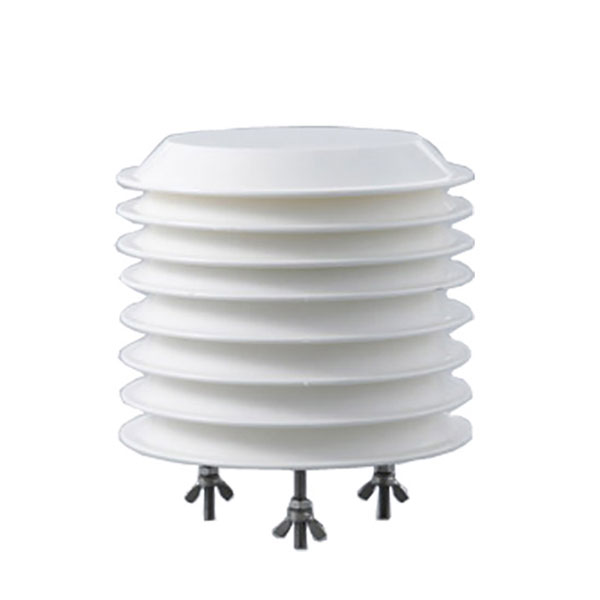 Combined air temperature and relative humidity sensor
Combined air temperature and relative humidity sensor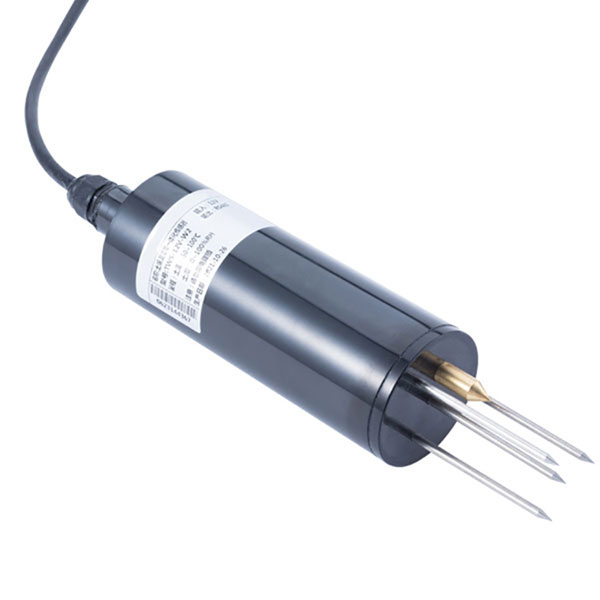 Soil Moisture Temperature sensor for irrigation
Soil Moisture Temperature sensor for irrigation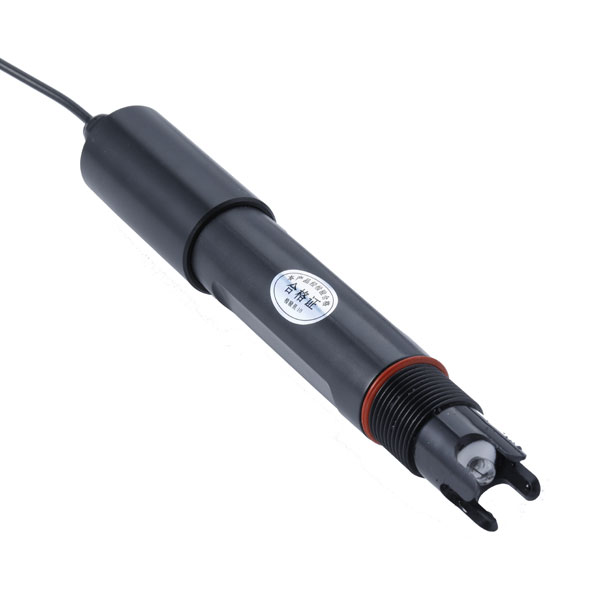 Soil pH sensor RS485 soil Testing instrument soil ph meter for agriculture
Soil pH sensor RS485 soil Testing instrument soil ph meter for agriculture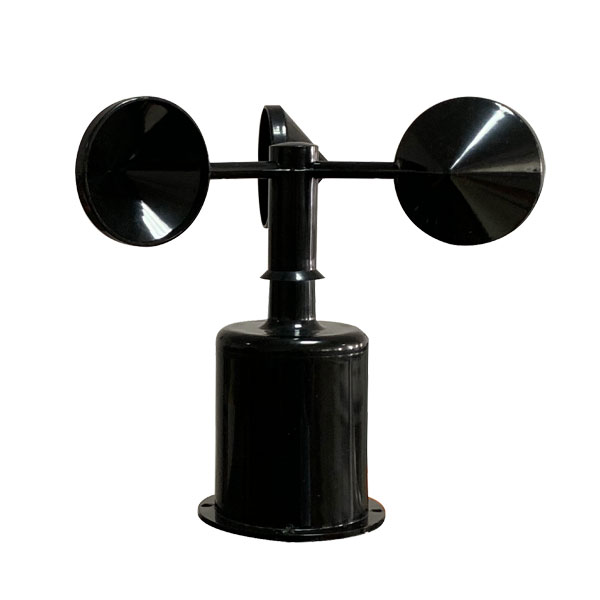 Wind Speed sensor Output Modbus/RS485/Analog/0-5V/4-20mA
Wind Speed sensor Output Modbus/RS485/Analog/0-5V/4-20mA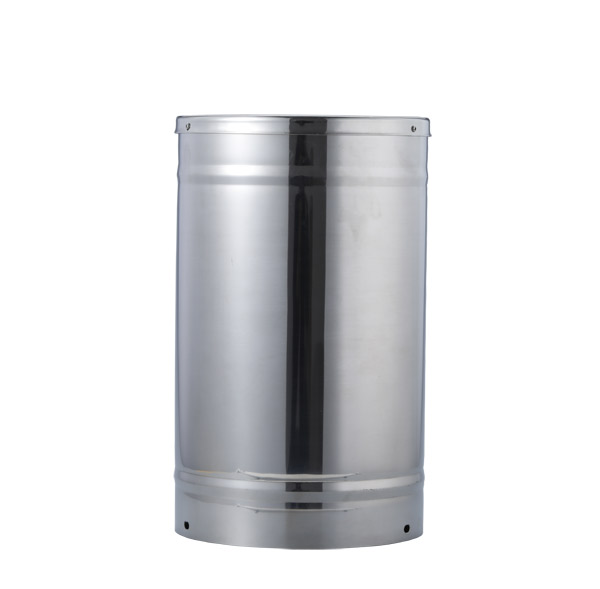 Tipping bucket rain gauge for weather monitoring auto rainfall sensor RS485/Outdoor/stainless steel
Tipping bucket rain gauge for weather monitoring auto rainfall sensor RS485/Outdoor/stainless steel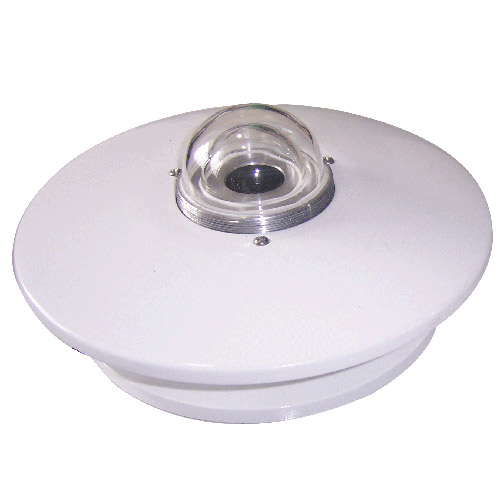 Pyranometer Solar Radiation Sensor 4-20mA/RS485
Pyranometer Solar Radiation Sensor 4-20mA/RS485
Screenshot, WhatsApp to identify the QR code
WhatsApp number:+8615367865107
(Click on WhatsApp to copy and add friends)
